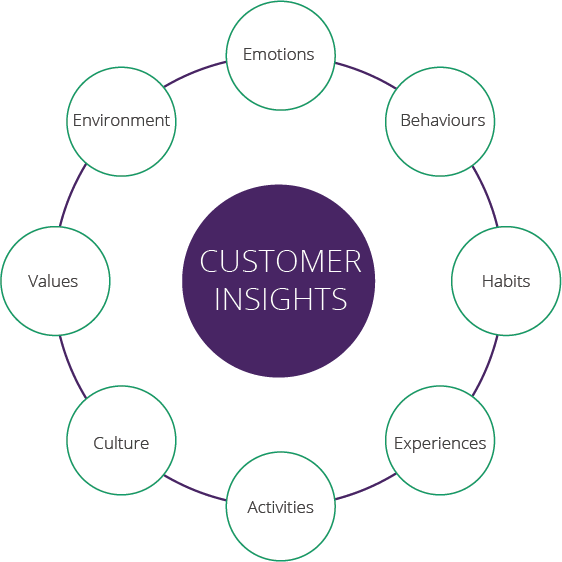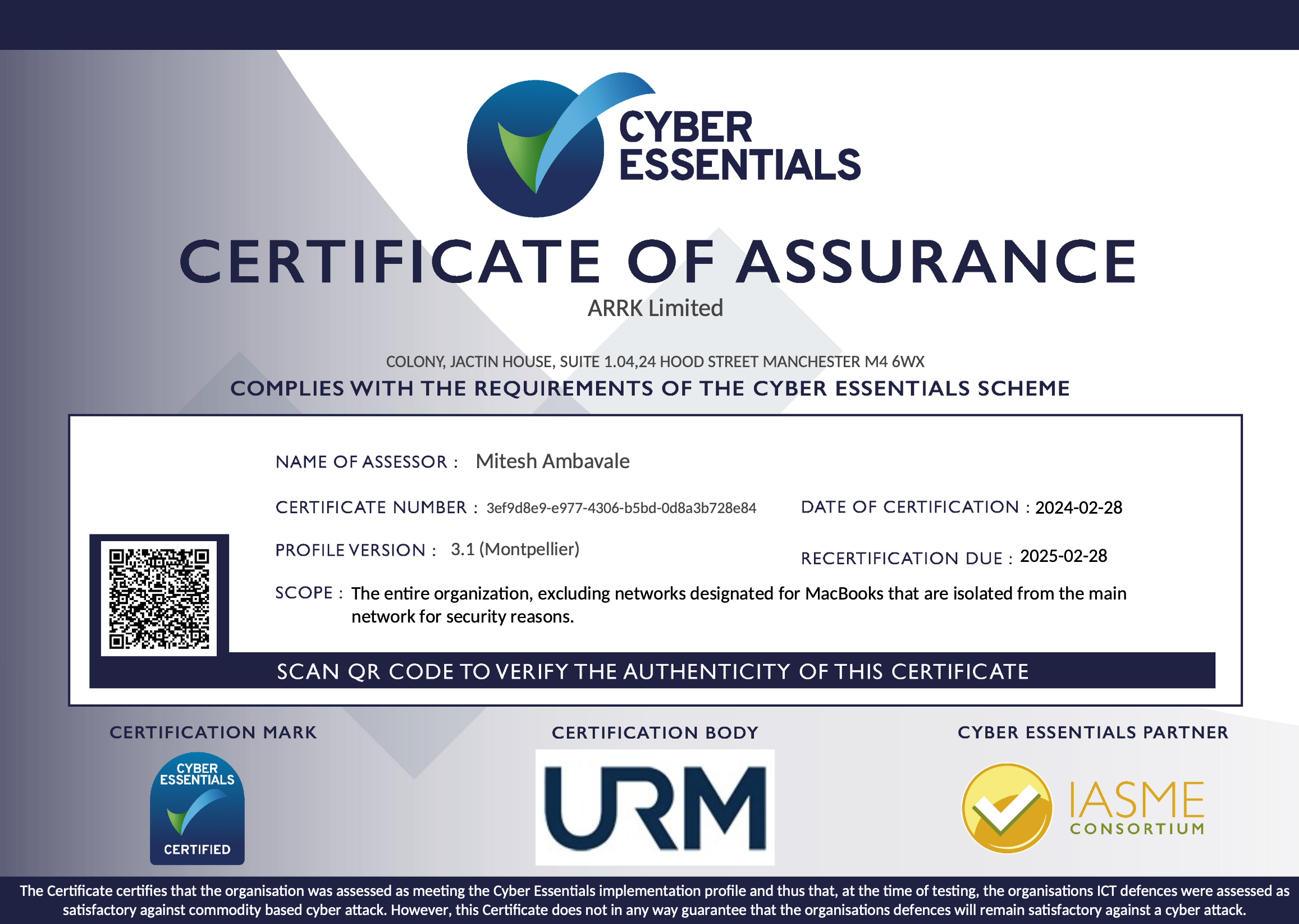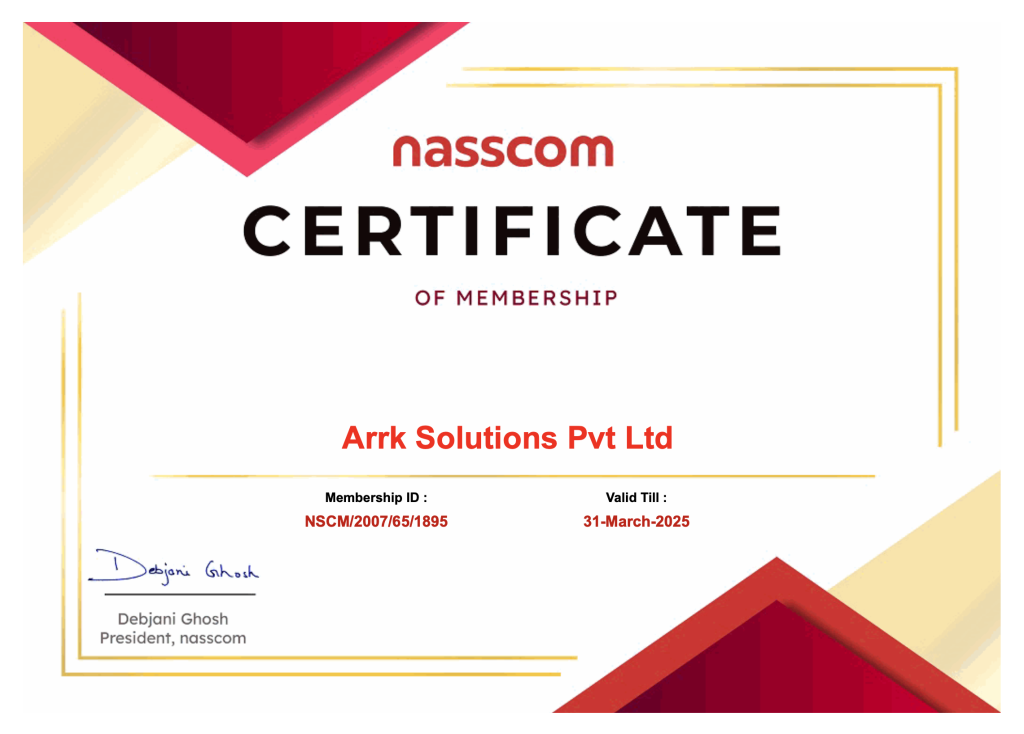Ethnographic research: Giving your project a fighting chance
By Monika Sumra |
|
3 mins read |

This immersive research activity requires the researcher to become involved with the activity, rather than just observing. Developed as a technique for better understanding the mind of the customer, ethnography is used at Arrk to gain a better understanding of the customer’s needs, wants and desires. Asking customers how they feel about a product or service, why it may be important to them, and what features they would like to see is just the start.
Ethnography is both a process and a product
As a process it involves using a set of analytical tools, which trained and experienced Ethnographers use alongside fieldwork – spending time with customers to observe how they interact with each other, products and their environment whilst paying attention to the surroundings where all these observations take place.
Ethnography is about generating understandings of culture from an emic or “insider’s” perspective.
“Emic and etic, in anthropology, folkloristics, and the social and behavioural sciences, refers to two kinds of field research done and viewpoints obtained; from within the social group (from the perspective of the subject) and from outside (from the perspective of the observer).”
As a product, Ethnography is the analytical culmination of fieldwork, participant observation, interviews and surveys.
Conducting Ethnographic research
Valuable insight can be collected via anecdotal information and stories, however, success ultimately lies in detailed analysis with theoretical tools in a systematic framework. The best person to help you realise this value is an Anthropologist, trained in ethnographic research methods, and with experience in the business world. The skill is being able to collect the right data related to the human experience, compile, interpret and report the findings.
The stages of Ethnography
A four phase process:
- Fieldwork (is the shortest, usually 2-3 weeks)
- Analysis
- Reporting (for which the elapsed time is scope-dependent)
- Valuation (conducted after release and again the elapsed time is scope-dependent)
Highly experienced Ethnographers should offer a Rapid Ethnography research service (Stages 1-3), time boxed to 3-4 weeks.
Ethnography timing
To ensure a full understanding of your target customer’s behaviour, interactions and unfulfilled needs, it’s important to complete Ethnographic research prior to work commencing on your MVP (Minimum Viable Product). This approach will also uncover what is not required, and, what is not important, which is a critical step to removing the need for any re-work.
Once your software has been released the fourth Ethnography Phase focuses on “Evaluation”, understanding how the software is becoming part of the customer’s life and how they are interacting with it. This phase provides the validated learning, and highlights the necessary changes and improvements, to ensure customer retention, and increase customer acquisition.
An approach to building your MVP which includes Ethnography, can, and will deliver significant results beyond a measurable return on your investment. To maximise this return, make sure your team includes a suitably qualified Anthropologist.
The genesis of this article came from a recent request by a start-up, who were puzzled why their Discovery and Inception workshops, and their Shadowing and Survey exercises did not equip them with enough meaningful information to build their MVP (Minimum Viable Product).









